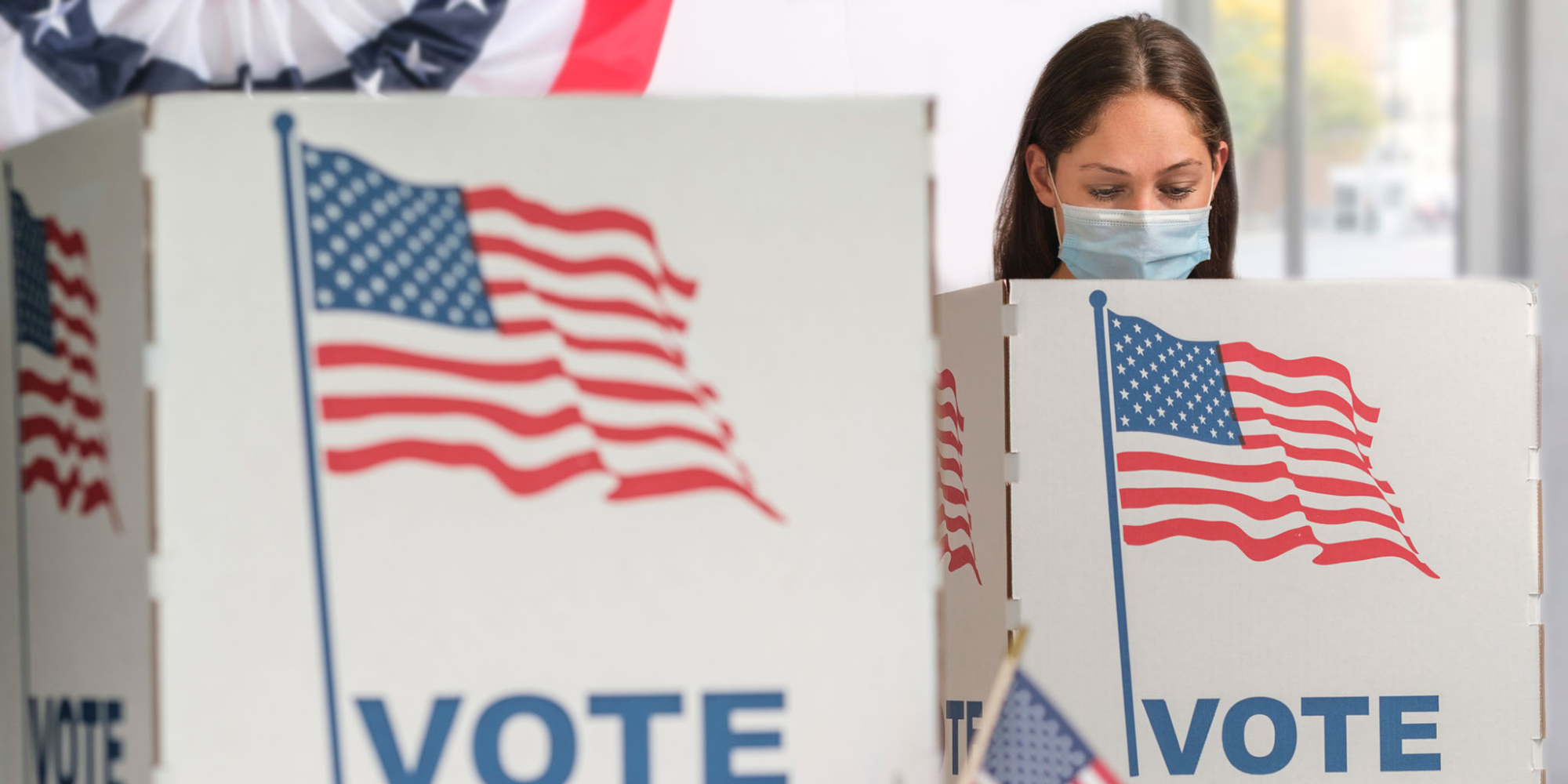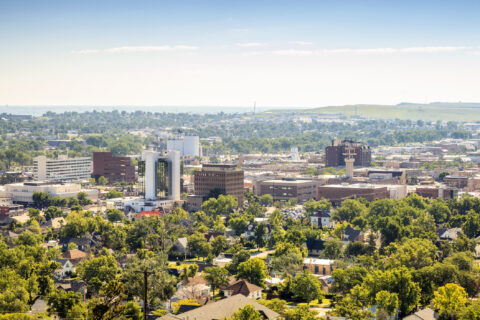NLC is committed to providing cities, towns and villages with the tools they need to Respond, Recover and Rebuild, and has released ten new policy briefs meant to provide clear, actionable steps that municipal leaders can take to respond to the impact of COVID-19 in their communities.
The past year and the COVID-19 pandemic have reaffirmed the essential role that cities and city leaders play in ensuring free, fair, and safe elections. Many cities faced challenges as they sought to keep voters informed and engaged while also navigating the realities of the pandemic, including new demands associated with remote voting, shifting primary dates and election safety. COVID-19 has forced cities to think outside the box and, in many cases, adopt innovative solutions to making voting safe and accessible.
Beyond 2020’s global pandemic, cities will likely have to navigate future elections under challenging conditions. Fortunately, leaders can take cues from what was successful in a year of unprecedented challenges and translate innovations from across the country into long-term solutions.
Offering a variety of safe and accessible options to vote, including vote-by-mail systems and early voting opportunities.
The COVID-19 pandemic led to an unanticipated shift to voting by mail across the country. Looking ahead, city leaders can combine vote-by-mail with a full range of options for expanding participation in future elections. Looking ahead, city leaders can combine vote-by-mail with a full range of options for expanding participation in future elections.
After COVID disrupted primary elections in Michigan, cities stepped up to ensure that the general election went smoothly. The city of Detroit worked with the Pistons basketball team to unveil a ballot drop box outside the team’s stadium—one of thirty throughout the city. In partnership with Michigan’s Secretary of State, the city also opened 23 satellite voting centers prior to Election Day, where residents could register for an absentee ballot and cast their vote on the same day. In Kalamazoo, the city passed a resolution pledging to “expand voting and registration access beyond the minimum required by the Michigan Constitution,” including providing first-class return postage for all absentee ballots. And in Flint, MI, the City Clerk’s Office took on additional staff in order to handle the volume of absentee ballot requests.
Using existing municipal infrastructure, including city services and departments, to amplify voter education messages.
Even during the pandemic, municipal leaders can reach people where they are by integrating voter education messages into existing platforms already used by residents. As local leaders worked this year to meet the needs of residents impacted by COVID and the resulting economic struggles, some cities went the extra mile in order to provide access to critical resources of democracy. Working with community nonprofits and businesses, Denver, CO hosted a “We Hear You, We Got You” event to distribute essential supplies like groceries, baby formula, pet food, face masks, and voter registration forms in one stop. In Durham, NC, volunteers pitched in at a drive-through food distribution event to help attendees register to vote and make a plan.
Educating municipal staff on cybersecurity best practices and make dual-authentication requirements standard across all agencies.
By adopting an election security plan, coordinating with local and regional partners, and standardizing protocols, municipalities can better protect against cyber threats and reassure residents that local voting systems are safe. The city of Chicago, IL launched a partnership with Verizon to ensure a secure primary election in the midst of a pandemic. Chicago was able to transfer the data after the polls closed in less than 10 minutes and publicize results by 11 p.m. on election night during the primaries.
Declaring Election Day a city holiday and supporting city employees to be poll workers.
The 2020 election has highlighted the critical role that cities play in staffing poll sites. Critical shortages of workers during primaries raised alarm bells nationwide and the pandemic necessitated a shift in the election workforce, traditionally made up by seniors who are more vulnerable to COVID-19. In Atlanta, GA, Mayor Keisha Lance Bottoms announced that city employees would have up to eight hours of paid time off to serve as poll workers and four hours of paid time off to vote. Austin, TX, declared November 3 “Let Texas Vote Day,” allowing its employees to request paid time off to vote, serve as poll workers, or participate in election-related activities. And Columbus, OH Mayor Andrew Ginther announced that city employees could volunteer as poll workers without using vacation time.
The advent of COVID-19 forced leaders at every level of government to take on new responsibilities and challenges with fewer resources and limited options for action. Though elections are traditionally administered at the county level, cities had to step in to fill critical gaps and ensure their residents were able to vote safely. While the pandemic will not be a permanent constraint on democracy, the ways in which cities acted on behalf of their residents must stay in place. Local leaders are their constituents’ most trusted advocates and can use the lessons of 2020 to invest in the future of their cities.
Learn More
View and download the ten COVID-19 Local Response Briefs to better help your communities.










